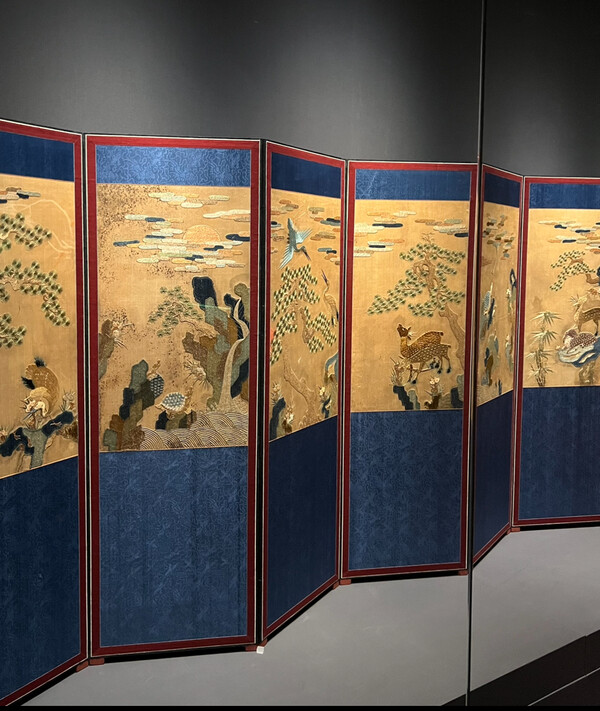
In March, South Korea was abuzz with the movie Exhuma. On March 24, the movie made its mark on the Korean movie box office, surpassing 10 million viewers in 32 days. Usually, movies in Korea are categorized as big box office hits when they reach 10 million viewers after their release. So far, there have been 32 movies in the history of Korean cinema that have exceeded 10 million viewers, including Exhuma, and 23 of them are Korean movies. What is even more remarkable is that the film became the highest-grossing movie in an unpopular genre, the occult, during the off-season. The director of the movie was a leading figure in the K-occult genre with religious films like Sabaha and The Priests.
The key factors that have contributed to the popularity
The reason for the popularity of Exhuma is that it is characterized by the simultaneous influx of multiple generations of audiences, which has accelerated the box office. According to movie theater CGV, the share of moviegoers aged 50 and older was 13.6% in the first week of its release and 16.9% in the second week. The occult genre tends to be popular among the younger generation, but Exhuma was different. The movie’s main themes of feng shui - an ancient Chinese belief that the way arranging objects affects success or health - and the grave may have stimulated the curiosity of middle-aged audiences. Among the younger generation, it is considered a hip movie. The stereotypical shaman always wears a scary expression, wears brightly colored clothes, and has bizarre rituals. However, Exhuma shows a modern and sophisticated image of a shaman who performs rituals in sneakers, a shaman with Buddhist scriptures tattooed on his body, and an exorcism ceremony in a suit. These modernized images drew people to the theater. What was it that appealed to actual college students? Han Eun-sol (Department of English Language Interpretation and Translation 22) said, “Actors’ good performances and characters were promoted through word-of-mouth, so I was interested in Exhuma. The most interesting point of the film is the unpredictable plot including the historical content. I was fully absorbed in it.”
Korean shamanism, and how it penetrated the film
The Dongguk Post gave you more about Korean shamanism that has captured the public’s attention. According to the Digital Muju Culture Dictionary, Shamanistic Beliefs are folk beliefs centered on shamans. Shamans are recognized as religious leaders and are often seen performing religious rituals and chanting muga, which are the scriptures required for religious ceremonies. Shamanism is a concentration of religious rituals of the civilian class, and can be considered a living religious phenomenon that is deeply rooted in the psyche of a people and physiologized through life. Modern shamans are often perceived as fortune-tellers, but they played an important role in transmitting a system of beliefs. In particular, inherited shamans, which is one way to become a shaman, played a role in telling the fortunes of the village and conducting rituals for the members of the village. They are deeply connected to the historical beliefs of a particular region and have an important place in folklore. Although shamanism is associated with mysterious and spiritual realms, it was once a belief system that was closely connected to everyday life.
In addition to shamanism, the movie Exhuma uses other universally shared Korean themes such as feng shui, exorcism called gut, and anti-Japanese to create a sense of fear. The reason for the movie’s success is that it creates something special by ingeniously fusing universal themes. To an unfamiliar audience, it may seem like just another horror movie, but if you try to see the Korean and national symbols behind it, you can understand the K-occult craze and take a step closer to Korea.

